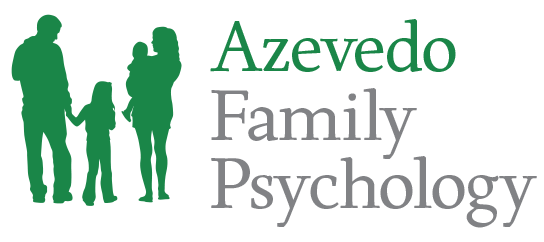
Dr. Azevedo Speaks to WRAL on Teen Suicide
May 9, 2018
Inverted Self: Understanding Gender Dysphoria
July 2, 2018Human social interaction is one of the most vital foundations of society and life. Naturally, not engaging in such behaviors in a typical way can be very challenging; such a challenge is exactly that faced by people with autism spectrum disorders.
Autism is both a relatively common (24.8 million people worldwide) and often misunderstood mental disorder, subject to numerous stereotypes and well-intentioned efforts at managing it. Today, we’ll explore it in greater detail and try to clear the fog.
Understanding the Foundations
Part of the reason autism is so misunderstood is because of its broad nature; though it is typically associated with one or two different names, the disorder itself encompasses a vast spectrum and manifests differently from person to person. It is generally defined as difficulty in social interactions and normal functioning in social settings. Specific characteristics include:
- Difficulty with communication and interaction with other people
- Restricted interests and repetitive behaviors
- Symptoms that hurt the person’s ability to function properly in school, work, and other areas of life
Understanding how autistic people think is perhaps best explained by Temple Grandin, a renowned scientist and autism advocate. In this essay she explains how autistic people are very good at one particular type of thinking, but struggle to understand others. Therefore they may not understand ore relate to others who think differently, causing socialization issues.
This idea of autistic brains being different, not less, has led to some contention as to whether “disorder” is the best way to describe it. Many autistic people consider it a difference, rather than a true handicap.
Management and Living
Autism is generally defined in low-functioning and high-functioning categories, though those categories too have further gradations. Low-functioning autism is often comorbid with other mental disorders, and sufferers may need constant care for their entire lives. They may be unable to communicate, and if they do have limited range.
High-functioning autism is not defined by greater intelligence or “normal” behavior, but rather in the person’s ability to take care of themselves. Many high-functioning autistic adults have jobs, live alone, and may even date or have children. This is often associated with asperger’s, a form of autism that has recently been rolled into the broader spectrum.
Cognitive behavioral therapy has some applications to autism, particularly since many autistic people experience strong social anxiety. It can also be helpful for their families in managing the disorder. If you or someone you love could potentially benefit from cognitive behavioral therapy, contact Azevedo Family Psychology today.
Together, we can create a life worth celebrating.




